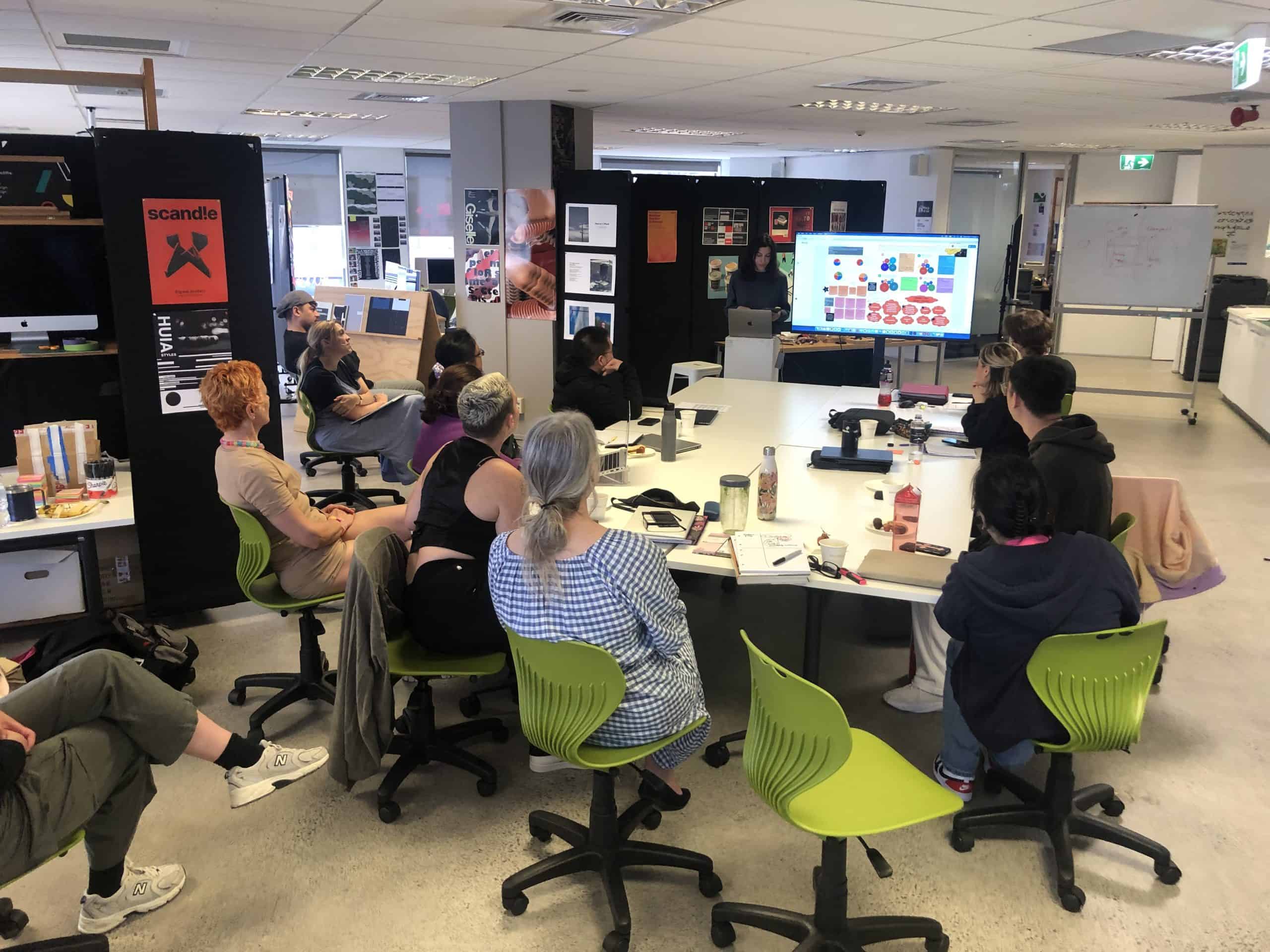
As a non-disciplinary specific programme, it’s the perfect meld of academic learning, problem-solving, design thinking and human–centred system-minded design.
Students will be encouraged to develop a deep sense of curiosity, purpose, passion and empathy to be leaders — not followers — and to influence the future.
The programme supports students through an integrated approach, intentionally building resilience and confidence alongside the development of creative and innovative concepts and products.
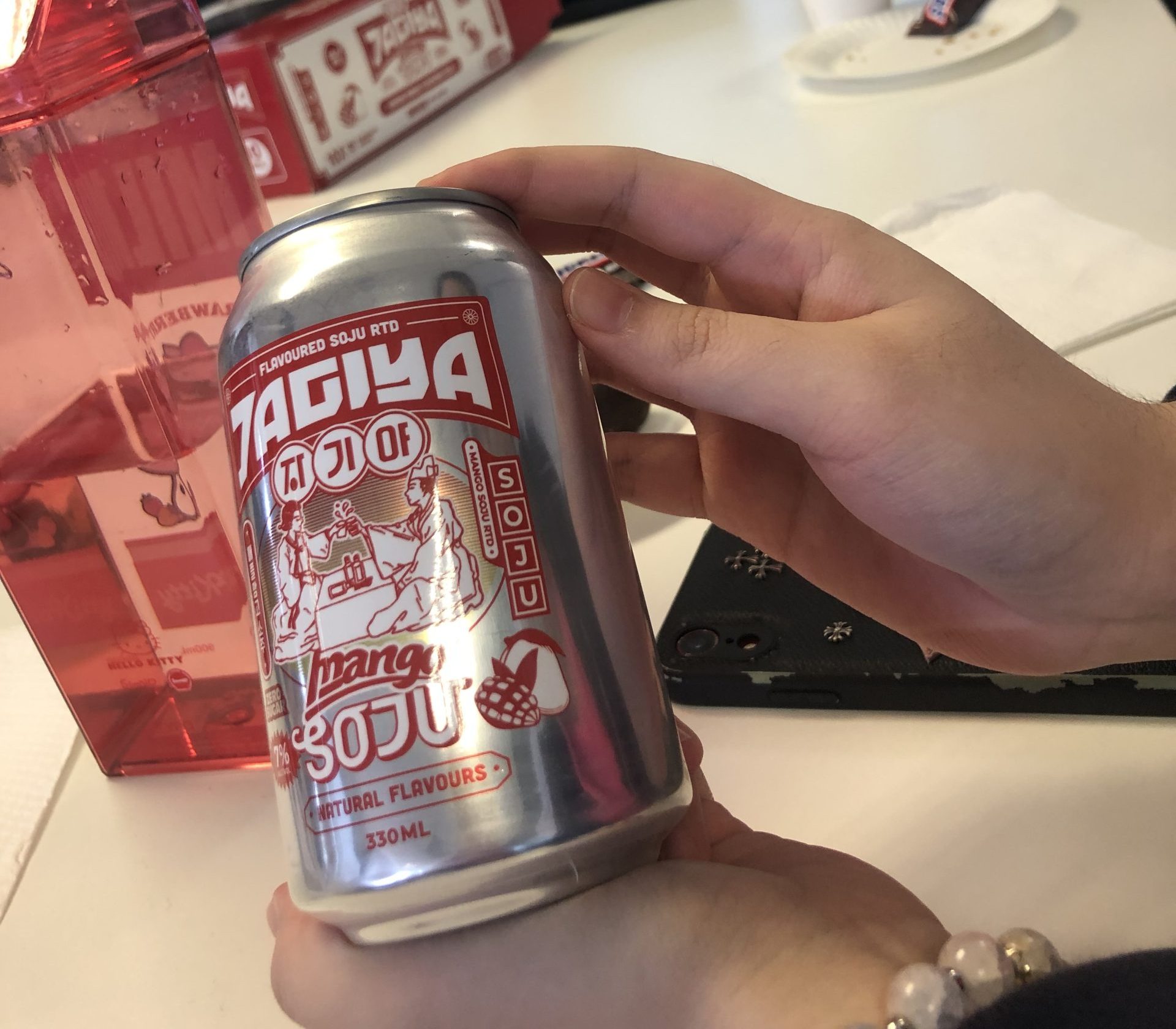
The MCEI programme enables you to experience a cutting-edge learning journey to identify and develop entrepreneurial characteristics to become a leader of change and impact the entre/intrapreneurial world.
As an innovator you will pioneer the art of non-linear problem solving to become resilient and risk tolerant as opposed to risk averse. The key is ‘doing it for real’, meaning a hands-on, applied approach to everything during the programme.
The programme will open the entrepreneurial door within you to enable you to recognise new business, social, indigenous or community focused opportunities, develop a minimum viable product (MVP) and approach investors.
It is a gateway to create wealth by building a sustainable business or becoming an innovative leader within a large organisation, or social or community focused enterprise.
Not open to new students
18 Months
Full-time (3 semesters)
Distance with some in-person seminars
Auckland City Symonds Street Campus
Fees indicated are for 1st year of study. Next 6 months fees may vary.
All 2025 fees are subject to change and regulatory approval.
Domestic: $9,260+ $300 Student Service Levy
International: $24,000 + $300 Student Services Levy
Further study options:
Graduates of this programme may progress to doctoral studies, depending on the entry requirements of the receiving programme.
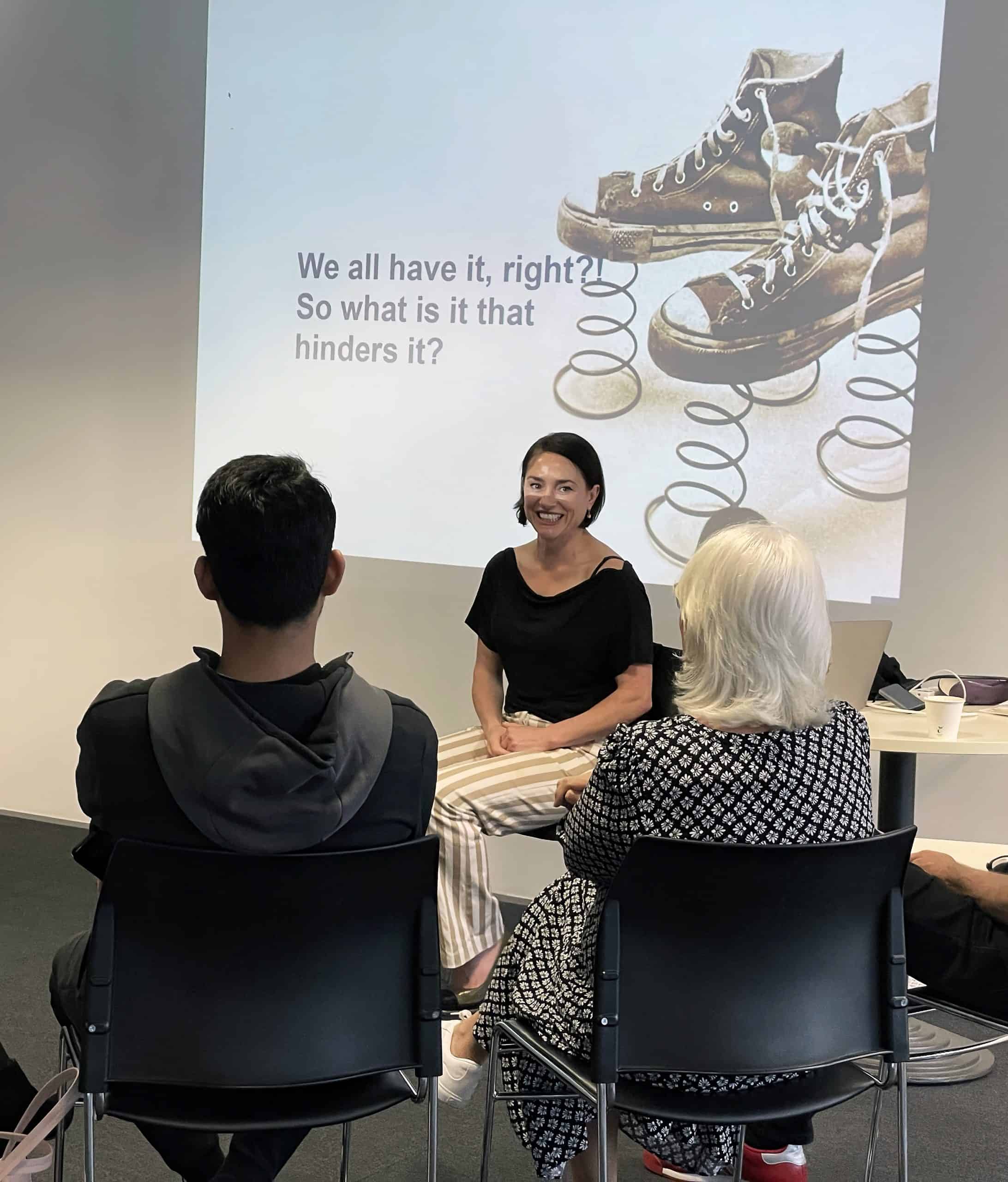
Master of Creative Enterprise and Innovation
NZQA Level 9 (180 Credits)
Graduates of the MCEI are creative and innovative problem solvers focused on creating change and entre/intrapreneurship.
Graduates will be able to:
Applicants must
International applicants must
The programme uniquely blends academic learning, design thinking, and human-centred innovation, equipping students to become future leaders who can influence positive change across sectors. It emphasizes resilience, practical skills, and the confidence needed to solve contemporary global and business challenges creatively and enterprisingly.
Applicants typically need a relevant undergraduate degree or equivalent experience in a related field, as well as evidence of their ability to study at a postgraduate level. International applicants must meet English language requirements and demonstrate readiness for academic study in New Zealand.
Graduates will develop advanced creative and critical thinking, entrepreneurial capability, self-management, research literacy, teamwork, collaboration, and adaptability. The degree is designed to help students identify business or social opportunities for innovation, preparing them for creative leadership roles and founder pathways.
For domestic students, the tuition fee is $9,260 per year plus a student services levy; for international students, it is $24,000 per year, subject to regulatory changes. Candidates should confirm current fees with the admissions office as they are reviewed annually.
Graduates are equipped for a range of roles including entrepreneurs, business founders, innovation consultants, and agents of change in private firms, public organizations, NGOs, and creative industries. Many alumni apply their skills across design, technology, social enterprise, and leadership positions.pollstereducation+2
Yes, graduates who meet research entry requirements may go on to doctoral (PhD) study. The advanced skills and research foundations provided in this qualification position them strongly for higher-level academic or applied research.
The programme is led by a team of industry-seasoned academics and creative thought leaders, including Dr Mariapaola McGurk, Dr Rebecca Steedman, Rob Mills, Dr Roman Mitch, Uelese Vavae, and Becky Stokes ensuring students benefit from real-world insight and broad professional networks.
Whitecliffe’s MCEI is non-disciplinary, with a unique focus on human-centred design, non-linear problem-solving, entrepreneurial thinking, and applied innovation. Unlike traditional business or creative degrees, it empowers students to lead innovations for commercial, social, or cultural good in multiple sectors.pollstereducation+2
The vast majority of our team have extensive experience within their respective industries. This is key in helping us ensure our graduates have the real-world skills they need for a successful career and bright future.
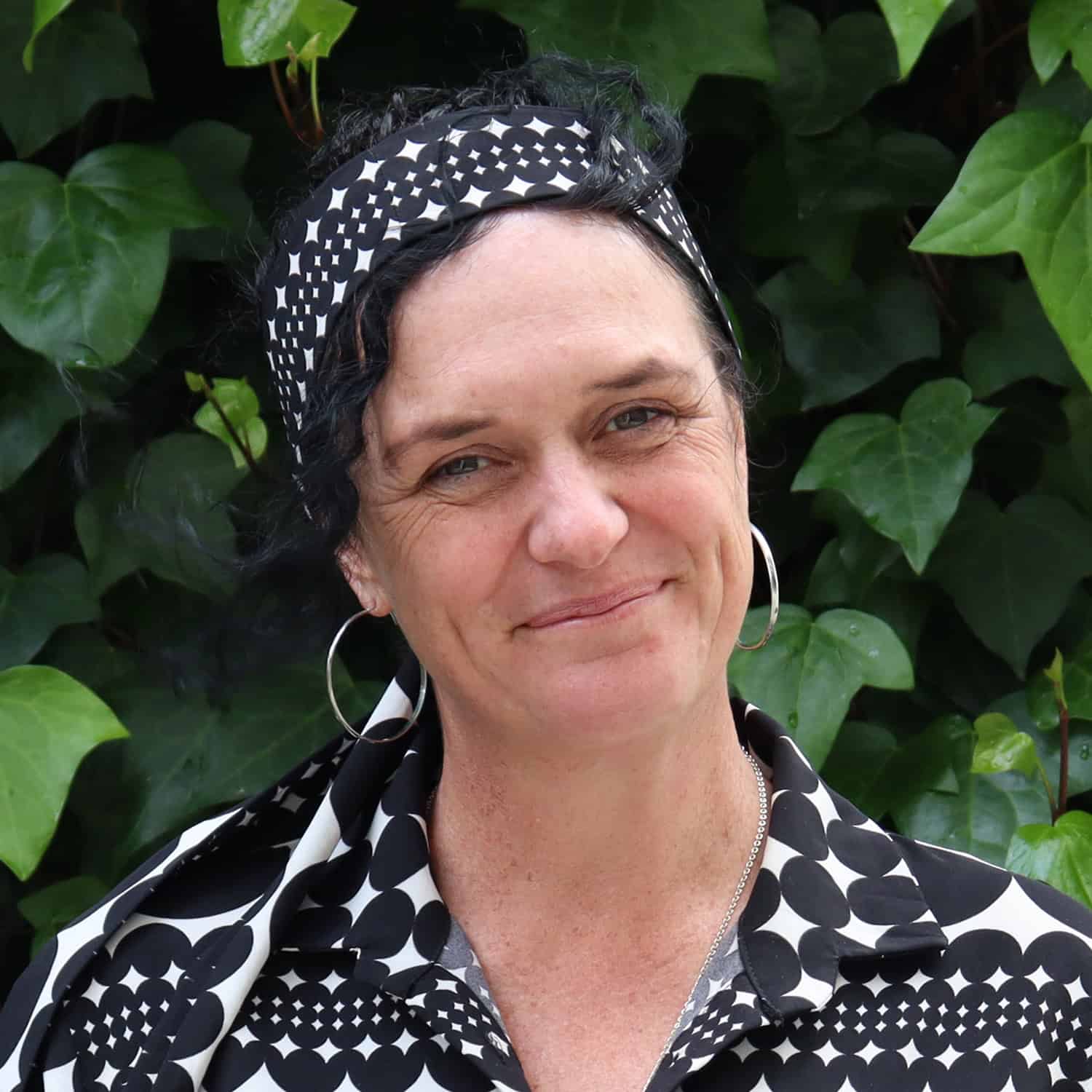
Dr Mariapaola McGurk (fondly known as MP) is a dynamic leader and scholar in the creative and cul ...
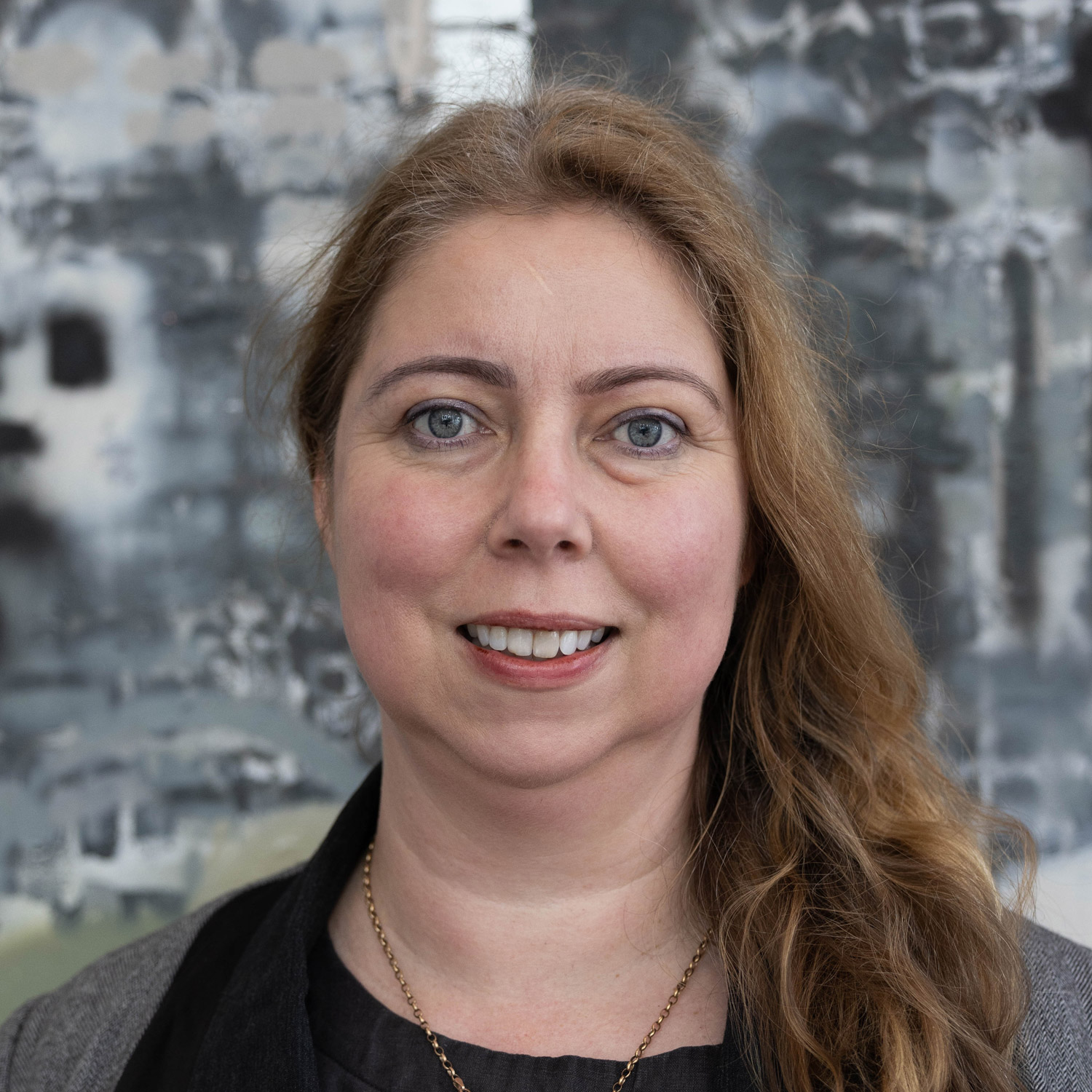
Rebecca Steedman is a design educator, designer, and artist with over 12 years of educational exp ...
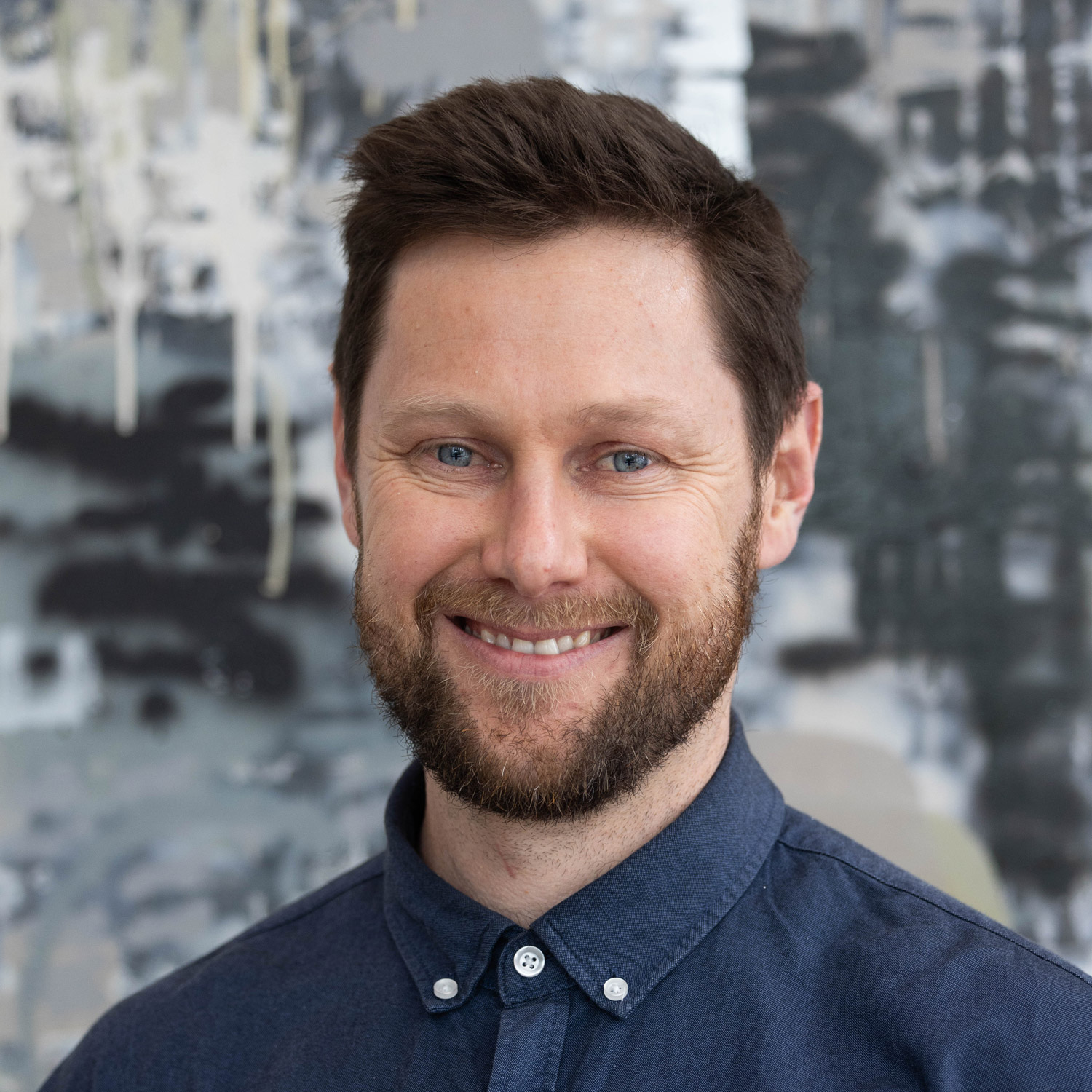
Rob Mills is a design thinker, educator, and creative freelancer with a Master’s degree in Digi ...
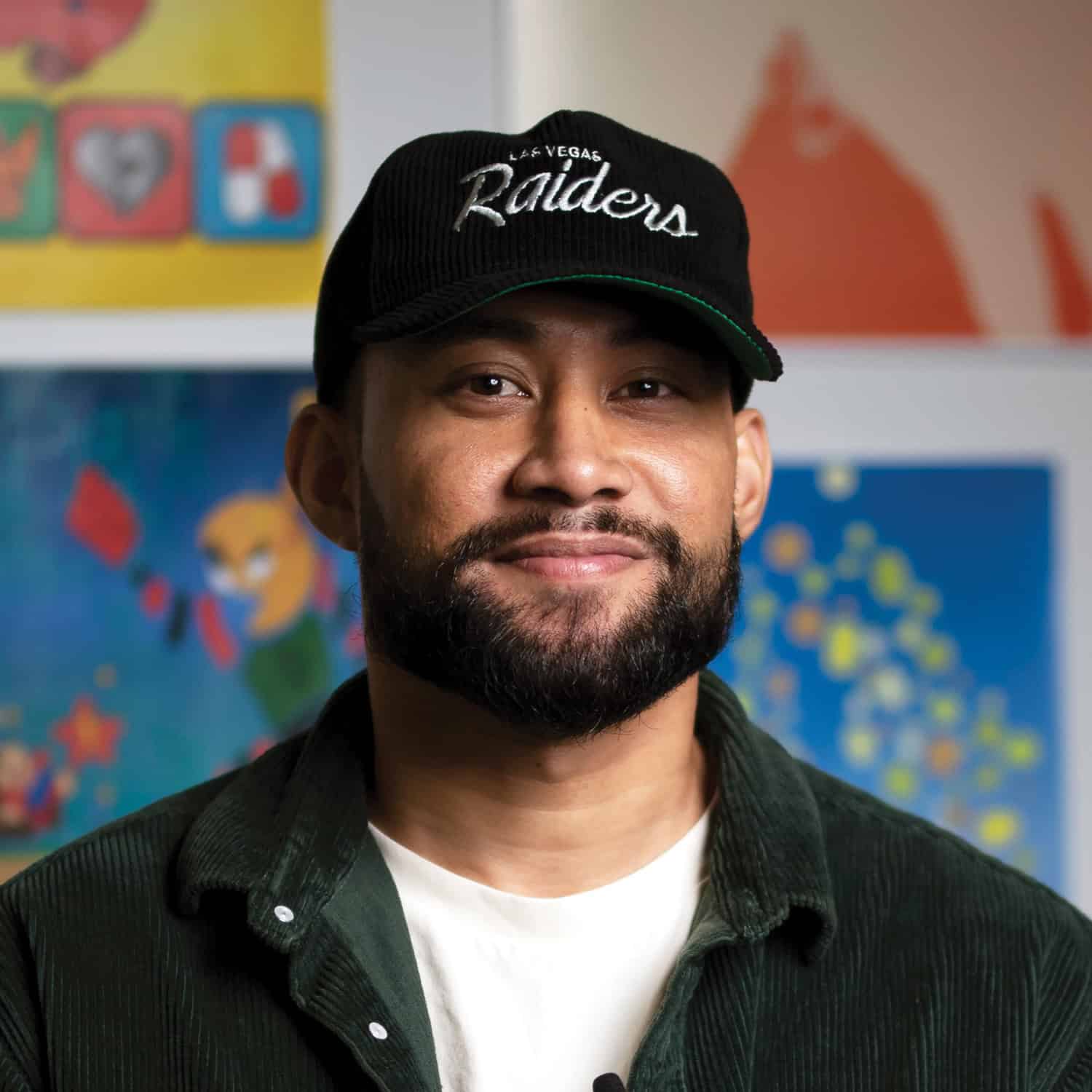
Uelese is a graduate of the Whitecliffe School of Fine Arts and is teaching the Certificate of Di ...
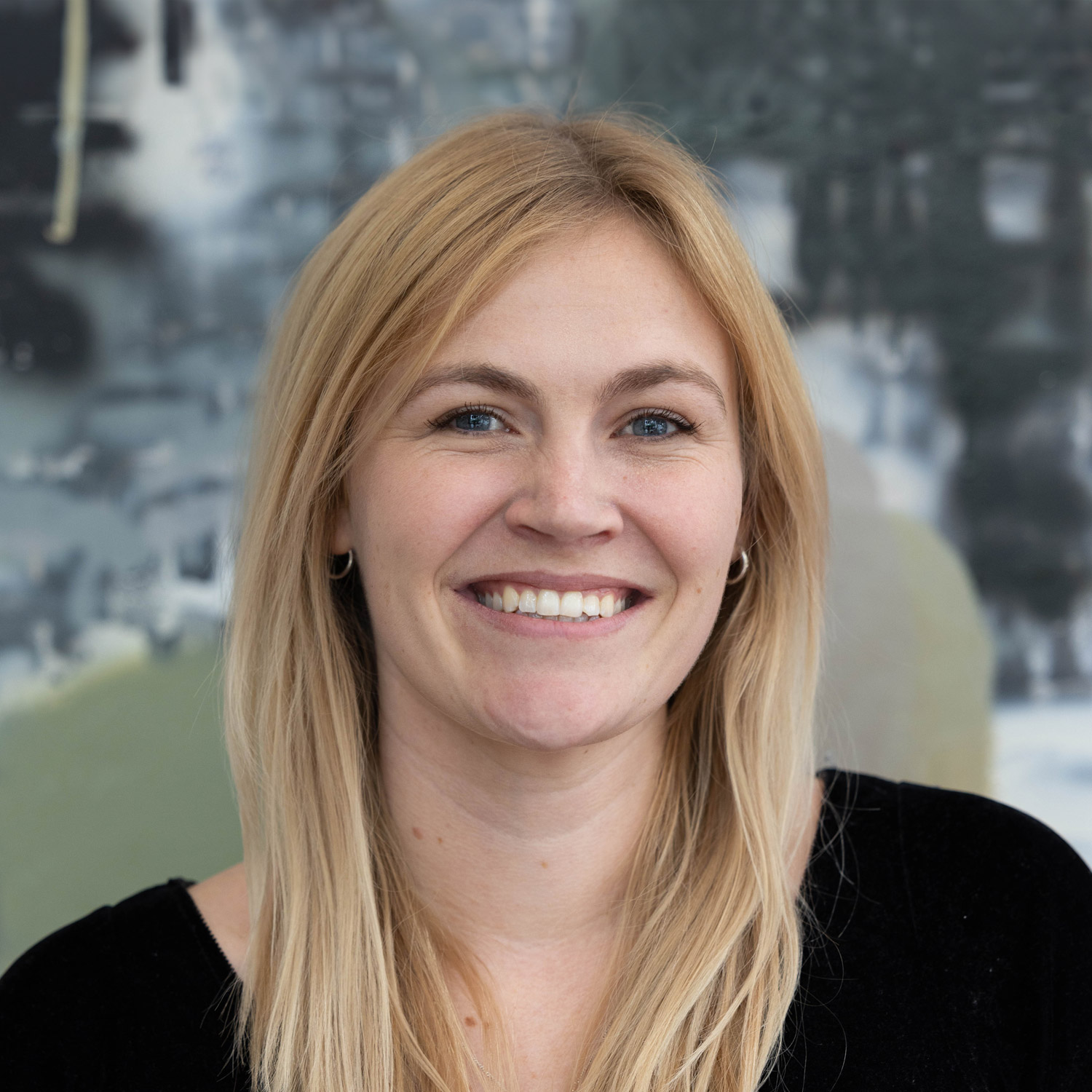
Becky’s experience ranges in the fields of digital media, marketing, and videography. She holds ...